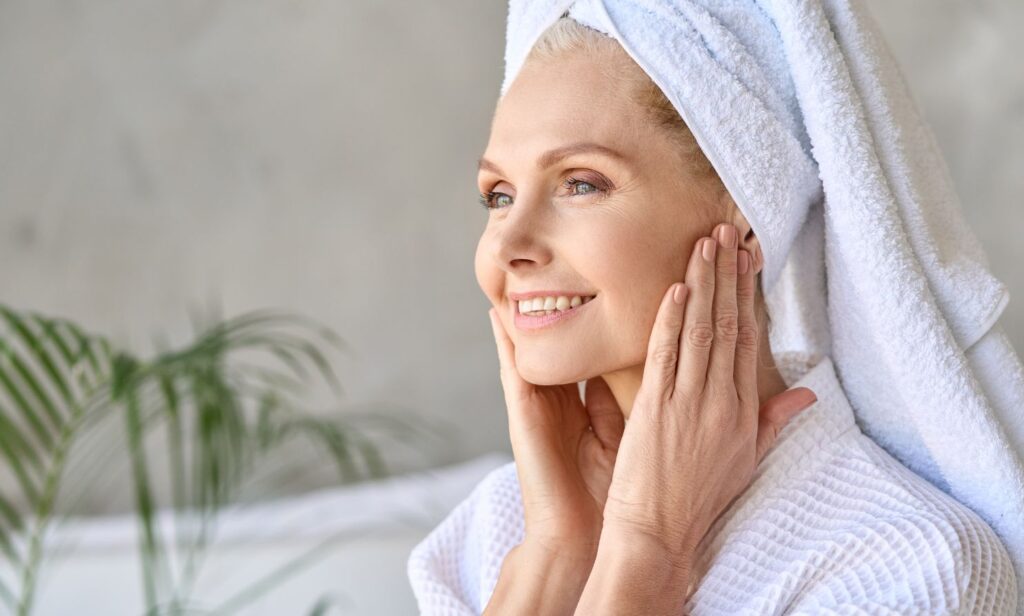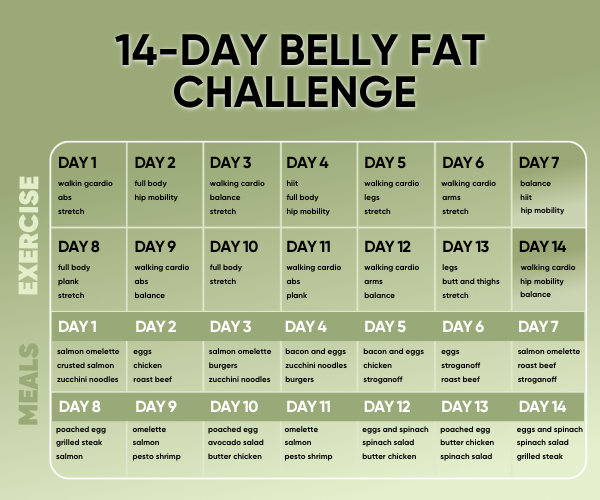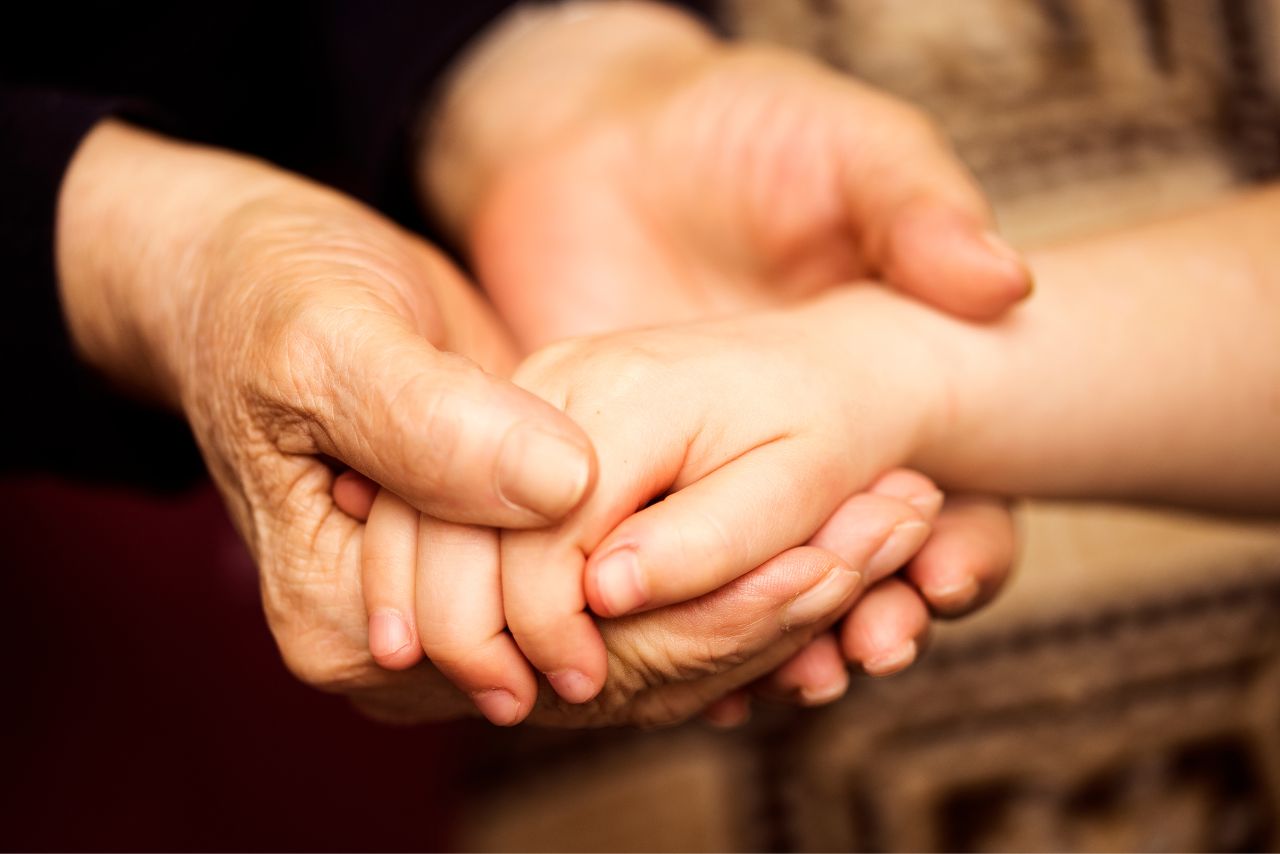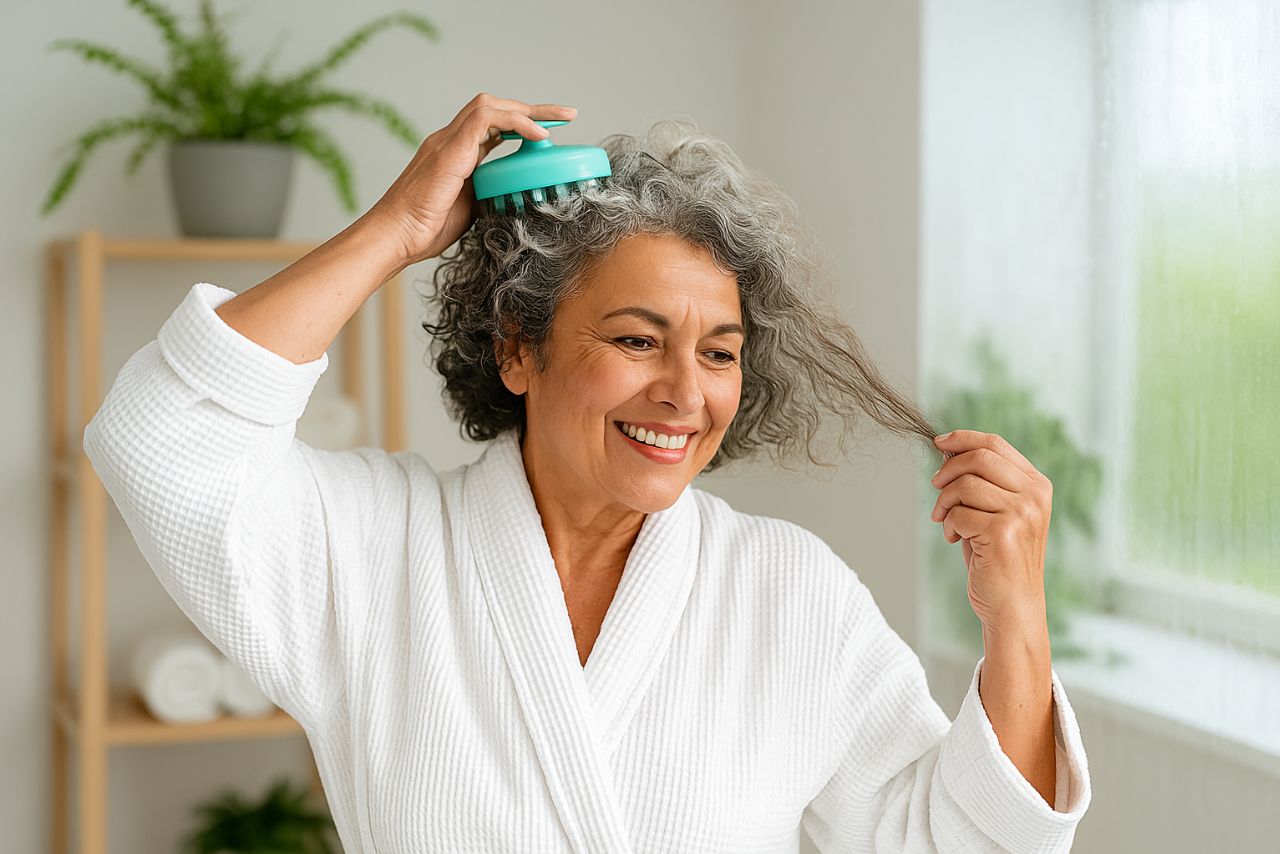“Self-care” and “self-love” are words that most of us have used for the same thing. But it is important to know that these are not the same thing.
Self-care and self-love are two different concepts that are connected in many ways. These two things are important for your mental health, overall health, and personal growth. But different women understand and use these terms in different ways, which can be confusing.
Knowing the differences between them can help you live a healthier, happier life. So, let’s start with the basics. What do self-care and self-love mean, and how do they differ from each other?
What is Self-Care?

Self-care is the practice of taking deliberate actions to preserve and enhance your physical, mental, and emotional well-being. It involves recognizing your needs and making time for activities that nurture and rejuvenate you.
This includes things like getting enough sleep, eating nutritious meals, seeking therapy, exercising regularly, engaging in hobbies and practicing relaxation techniques.
Essentially, it’s all the little things you do to keep yourself physically and mentally healthy.
Why Self-Care Matters
Self-care is like refueling your own tank. When you take care of yourself, you become better equipped to handle life’s challenges. It’s an essential foundation for overall well-being.
One common misconception is that self-care is always about pampering yourself or indulging in expensive self-care routines. In reality, self-care can be as simple as getting enough sleep or drinking enough water.
What is Self-Love?

Self-love is a deeper, more profound concept. It’s about accepting yourself completely, flaws and all. It involves showing kindness, compassion, and forgiveness towards yourself. Self-love includes speaking kindly to yourself and challenging negative self-talk. It’s about setting boundaries and prioritizing your needs.
Why Self-Love Matters
Self-love is the foundation upon which a fulfilling life is built. It allows you to embrace your true self, build resilience, and form healthier relationships.
One misconception is that self-love is about being selfish. However, self-love is about respecting and valuing yourself. It doesn’t mean disregarding others or their feelings. On the contrary, it allows you to love others more authentically because you know how to love yourself first.
READ ALSO: 10 Ways Women Over 50 Can Practice Self-Love in Everyday Life
Why Both Self-Care and Self-Love are Essential
As women over 50, we’ve lived a life full of ups and downs. Self-love is a lifeline when things are hard. It helps us get back on our feet, stay strong, and make decisions that are in line with who we really are.
It is important to find a balance between the two. Self-love helps with self-care, and self-love makes self-care better. You are more likely to do things that are good for your body and mind when you love and accept yourself.
The role of self-care in fostering self-love
While self-care isn’t self-love, it can play a crucial role in fostering self-love. When you take care of your health and well-being, it sends a signal to your mind that you matter and that you’re worth taking care of. This can strengthen your self-esteem and self-worth, paving the way for self-love.
Self-care acts as a stepping stone to self-love. It’s a tangible way to show love for yourself. When you take care of yourself, you are indirectly loving yourself. But remember, self-care is not a substitute for self-love. It’s a part of it, not the whole.
READ ALSO: 10 Surprising Results of Everyday Self-Love Practice
How to Practice Both Self-Care and Self-Love Effectively

Practicing self-care and self-love effectively requires introspection, honesty, and patience. Start by understanding your needs, wants, and boundaries. Learn to say no when something doesn’t serve you. Prioritize your health and well-being. Treat yourself with kindness and respect.
Remember, self-care and self-love are not one-time activities. They are ongoing processes. They require consistent effort and commitment. And most importantly, they are personal. What works for someone else may not work for you. So, find what suits you the best.
When you mistake self-care for self-love, you might not have a deep understanding of your own health and happiness. You could end up focusing only on actions that affect other people and ignoring the work you need to do for yourself to love yourself. This could lead to low self-esteem, self-doubt, and even self-neglect.
Moreover, it could also lead to harmful practices. For example, if you only think of self-care as an opportunity to treat yourself, you may overeat, spend too much, or overindulge in other ways, which can be bad for your health and well-being in the long run.
READ ALSO: A 28-Day Self-Love Affirmation Guide For Ageless Women
Closing Thoughts
In conclusion, self-care and self-love are two sides of the same coin, and as women over 50, we deserve to have both in abundance. It is possible to live fuller, more meaningful lives if we take care of our bodies and minds and love ourselves no matter what.
Remember, self-care isn’t just about what you do, but why and how you do it. It is not enough to just love yourself; you also need to respect, value, and care for yourself.
So, take care of yourself because you love yourself, not because you have to.
Because you are worth it.
♡ Love ♡,
Schellea




















